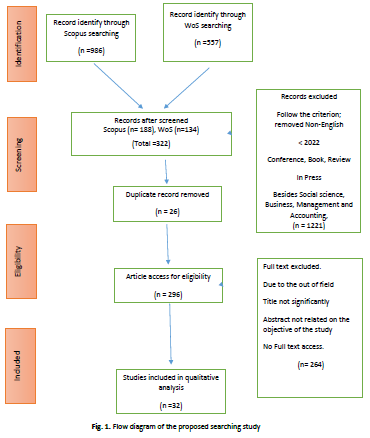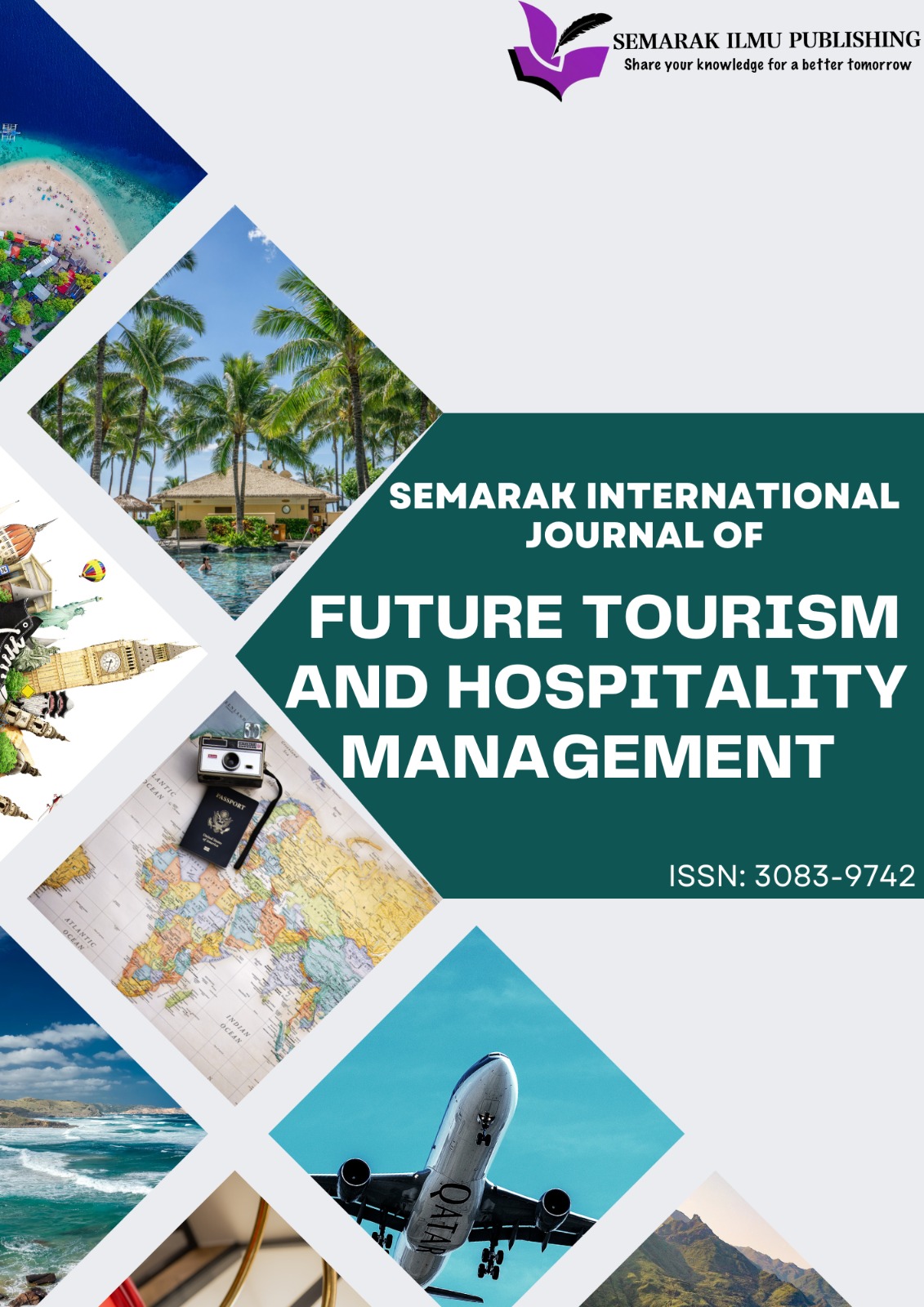A Systematic Literature Review on Digital Technology and Automation Innovation in the Food and Beverage Industry: Enhancing Service Efficiency and Customer Experience
DOI:
https://doi.org/10.37934/sijfthm.2.1.1735Keywords:
Digital technology, automation innovation, food and beverage industry service efficiency, customer experienceAbstract
The food and beverage (F&B) industry is undergoing a profound transformation driven by digital technology and automation, revolutionizing service efficiency and customer experience. Despite the increasing adoption of artificial intelligence (AI), robotics, self-service technologies, and digital payment solutions, there remains a critical gap in understanding their comprehensive impact on operational performance, customer satisfaction, and long-term industry sustainability. This study conducts a systematic literature review (SLR) to synthesize key advancements, challenges, and future opportunities in the digitalization of F&B services. Utilizing an extensive search strategy across Scopus and Web of Science databases, 1,543 studies were initially identified and rigorously filtered using the PRISMA framework, resulting in 32 high-quality primary studies for analysis. The findings are categorized into three themes: (1) Smart Technologies and Automation, (2) Enhancing Customer Experience through Digital Innovation, and (3) Challenges and Future Opportunities in Digital Transformation. They emphasize that AI-powered service robots, automated self-ordering kiosks, and smart kitchen technologies significantly improve service speed, accuracy, and personalization. Furthermore, predictive analytics and big data applications enable businesses to refine customer engagement strategies through personalized recommendations and real-time operational insights. However, several challenges persist, including consumer resistance to automation, cybersecurity vulnerabilities, and concerns regarding the depersonalization of service interactions. While automation offers undeniable efficiency gains, achieving an optimal balance between technological innovation and human-centric service delivery remains imperative for sustainable industry growth. This study provides a critical synthesis of digital transformation trends in the F&B sector, offering valuable insights for industry practitioners, policymakers, and researchers. Future research should explore hybrid service models that integrate AI-driven automation with personalized human interactions to ensure a seamless, customer-oriented digital transition.









